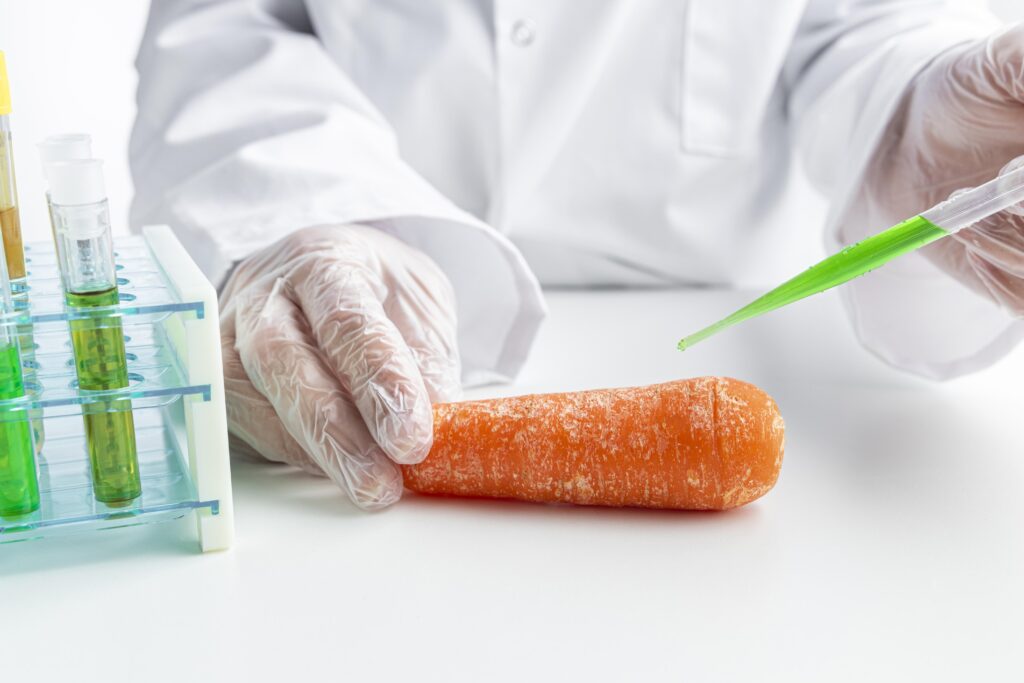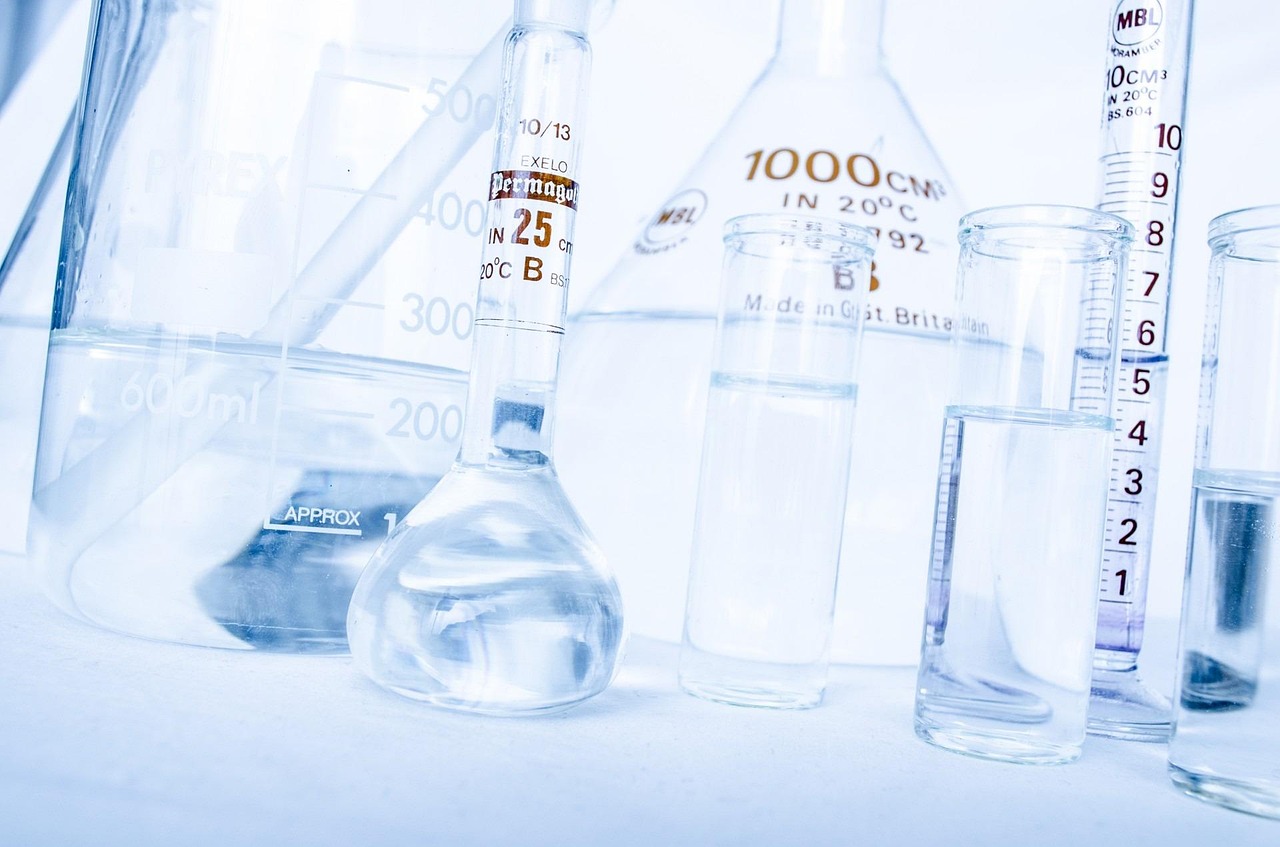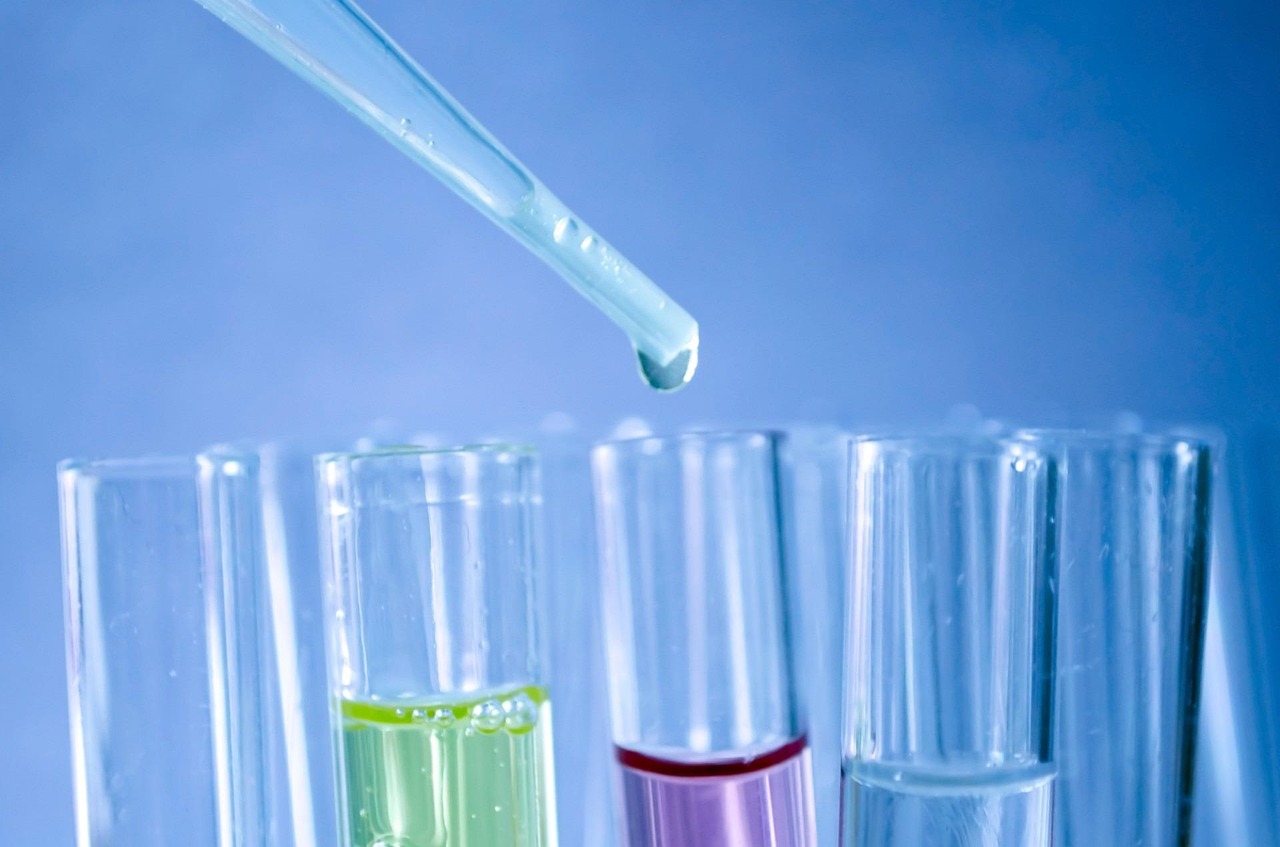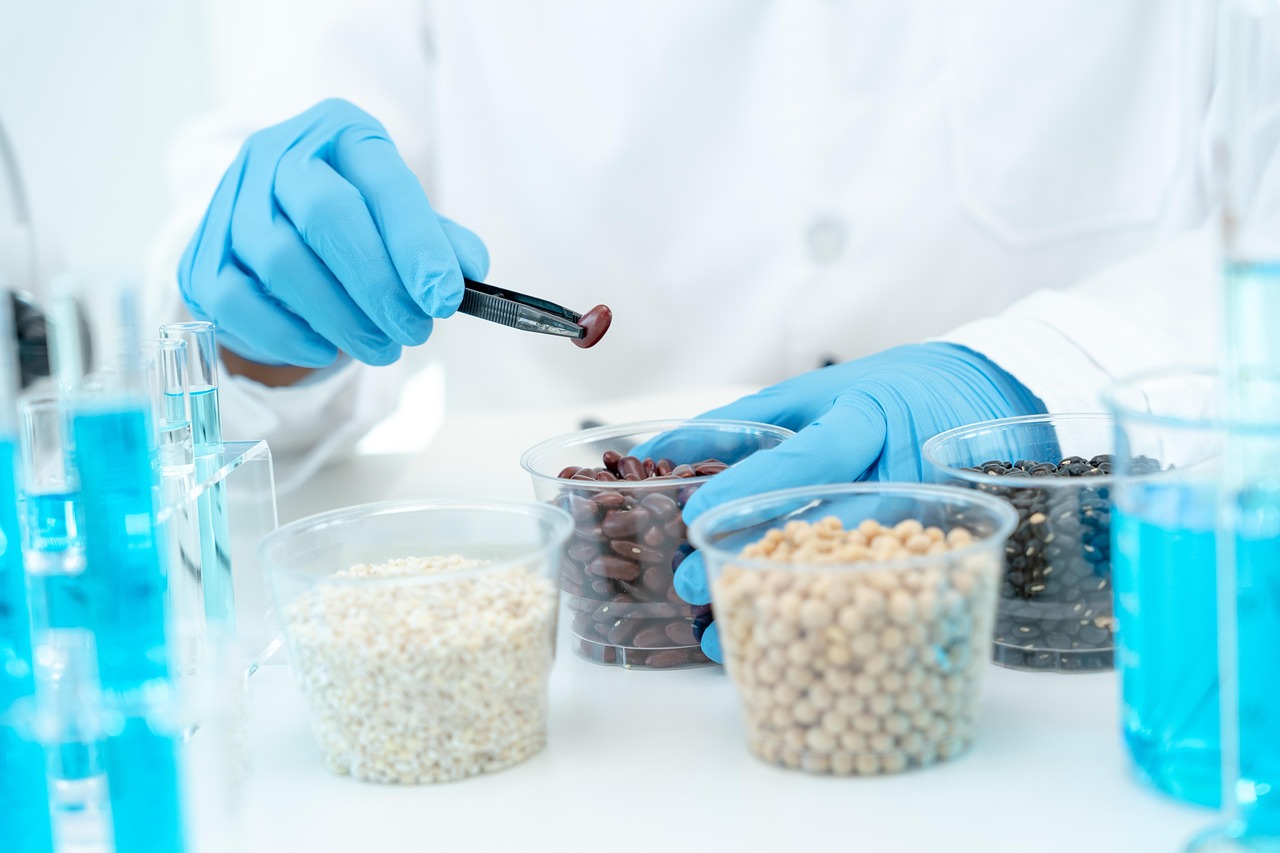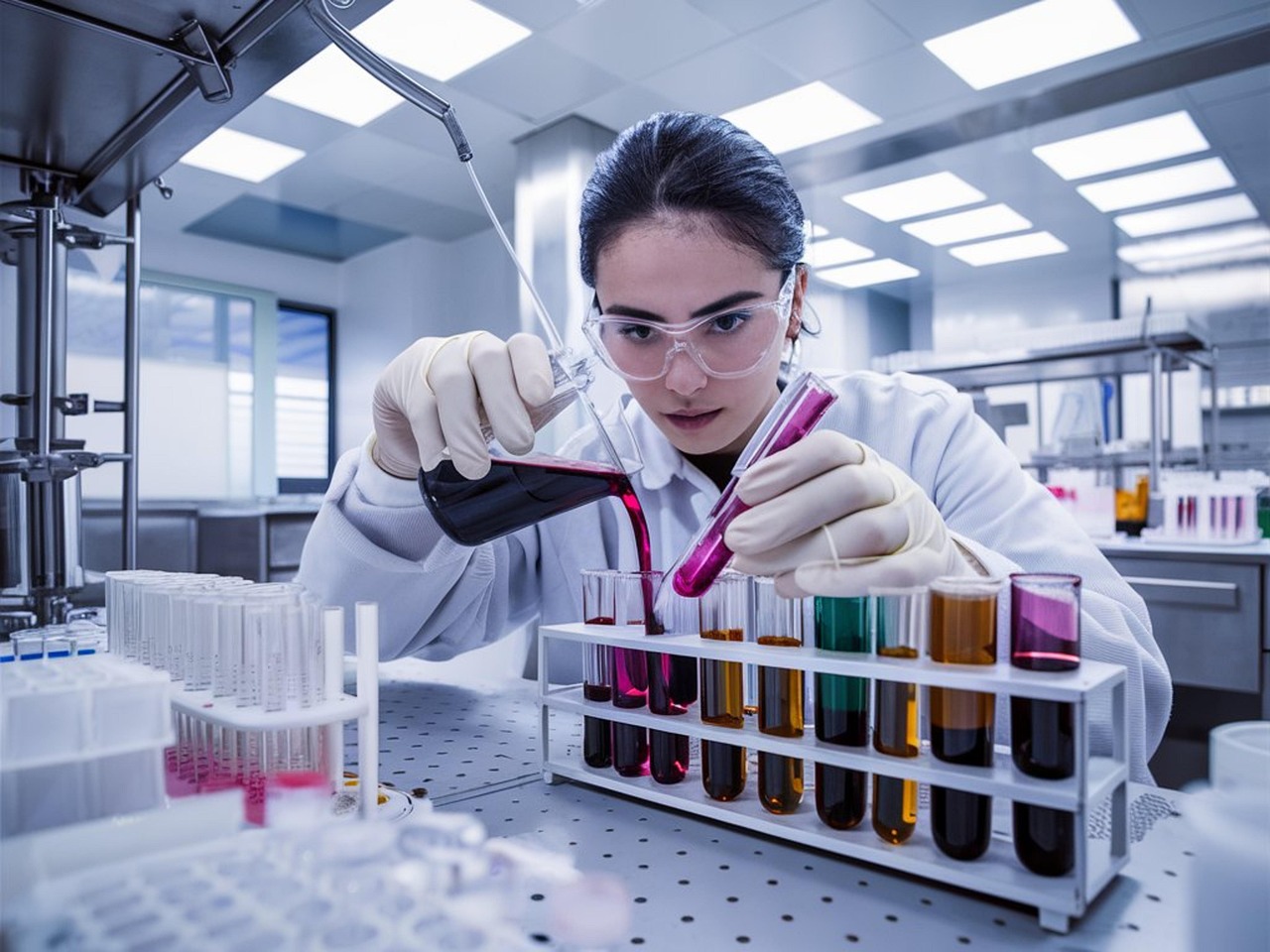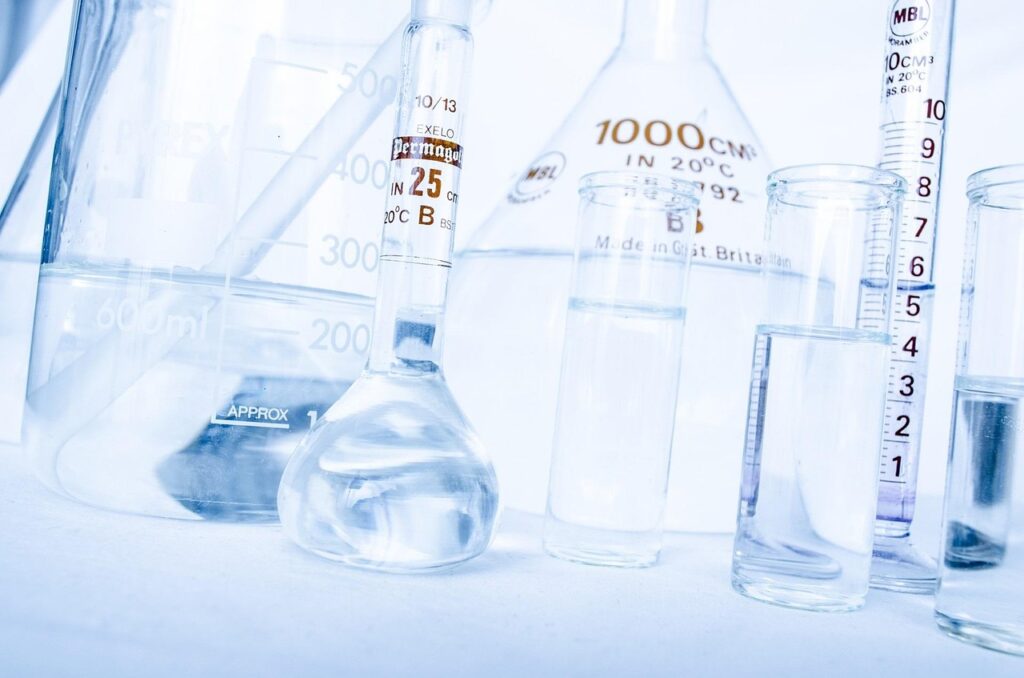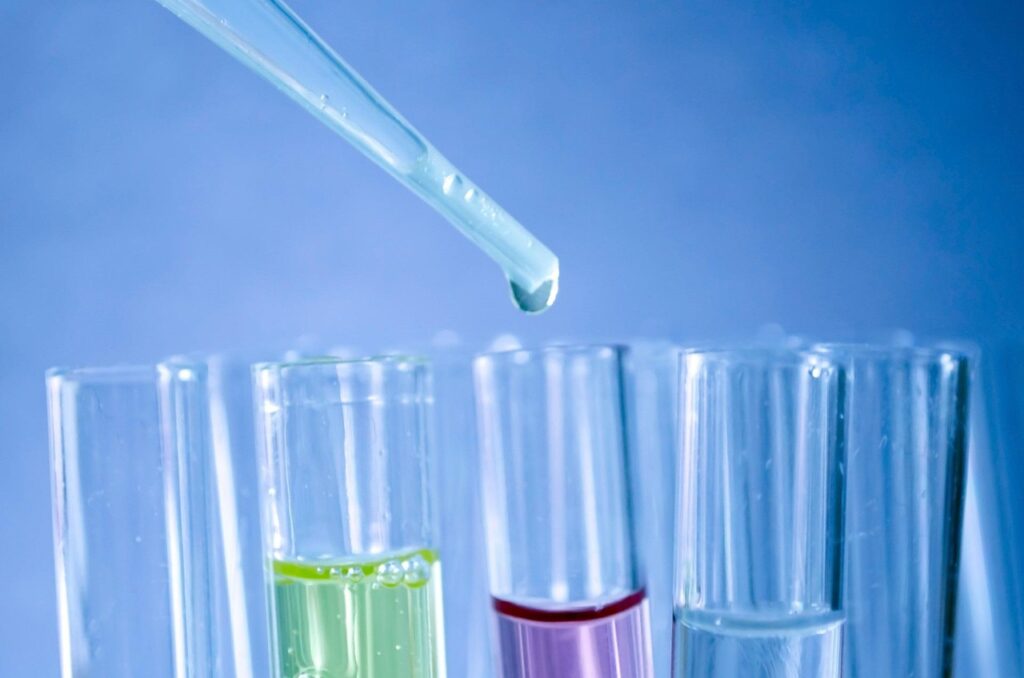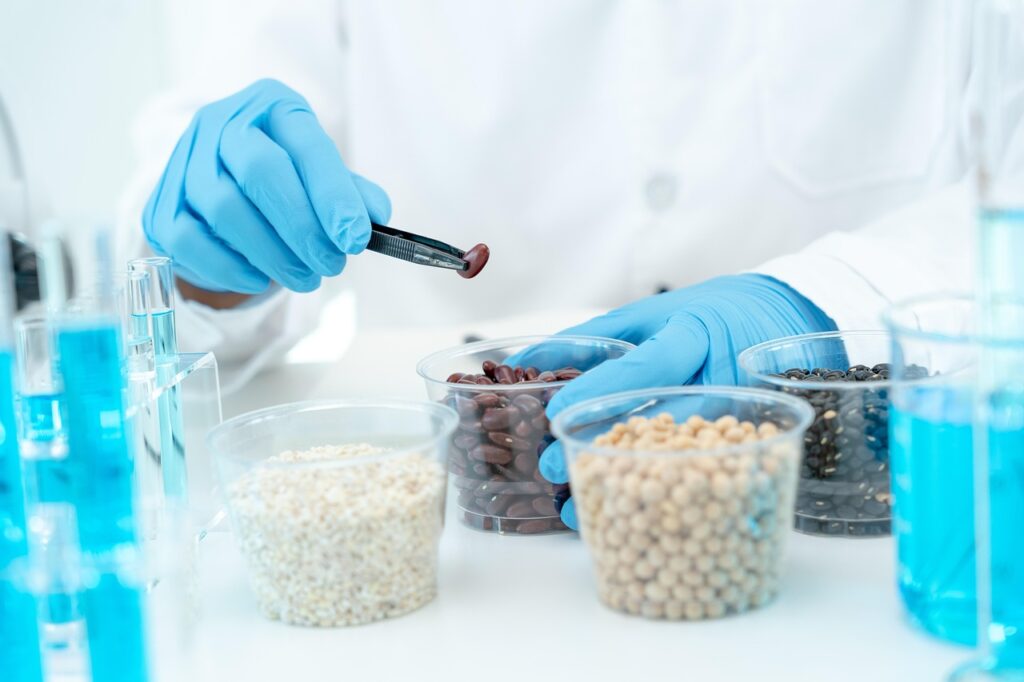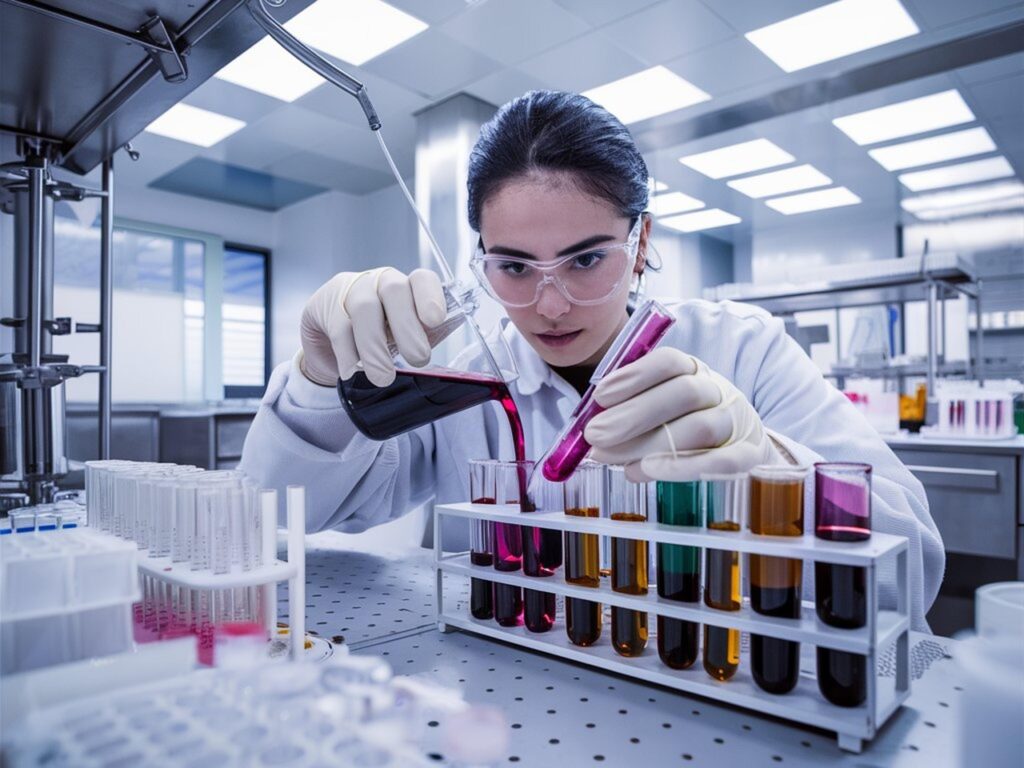Food safety analyzers are essential tools for ensuring safe and healthy food consumption. They are designed to detect various types of contaminants and harmful substances that may be present in food products, such as pesticides, heavy metals, and bacteria. With the increasing concern over food safety, food safety analyzers have become an important aspect of the food industry. Food safety analyzers are the tools that addresses the concers
By using these analyzers, food producers can ensure that their products are safe for consumption, and consumers can have peace of mind knowing that the food they are consuming has been thoroughly tested and screened for any potential hazards. Overall, food safety analyzers play a critical role in promoting public health and safety.
Understanding Food Safety Analyzer
Food safety analyzers are crucial tools in the food industry, ensuring that the food we consume is free from harmful contaminants. These devices use various techniques such as chromatography, spectroscopy, and immunoassays to detect different types of contaminants, including pesticides, heavy metals, and bacteria. There are different types of analyzers available, including rapid test kits and laboratory-based analyzers, each with its advantages and disadvantages.
Food safety analyzers play a critical role in maintaining food safety standards and promoting public health. They are used by food producers, regulatory agencies, and public health officials to monitor food safety and identify potential health hazards. Additionally, analyzers help producers identify sources of contamination in their production processes, allowing them to take corrective action and prevent future outbreaks.
The importance of food safety analyzers cannot be overstated. In 2019, the US Food and Drug Administration (FDA) reported that over 600 food recalls occurred due to contamination concerns. These recalls can have significant consequences for both consumers and producers, including illness, loss of revenue, and damage to reputation.
By using food safety analyzers, producers can ensure that their products are safe for consumption, and consumers can have peace of mind knowing that the food they eat has been thoroughly tested and screened for potential hazards.
Food safety analysis is a process of evaluating food products to ensure that they are free from any harmful substances that can cause harm to consumers.
The process involves several steps and techniques to determine the safety and quality of food products. Here are the key aspects of how food safety analysis works:
The Basics of Food Safety Analysis
- Sampling: The first step in food safety analysis is the collection of samples from the food product that needs to be analyzed. The samples are collected in a way that ensures they are representative of the food product being analyzed.
- Testing: After sampling, the next step is to test the samples using analytical techniques to determine the presence of harmful substances.
- Analysis: Once the samples have been tested, the results are analyzed and interpreted to determine the safety and quality of the food product.
Different Types of Food Safety Analyzers and Their Applications
- Microbiological analyzers: These analyzers are used to detect the presence of microorganisms such as bacteria, viruses, and fungi in food products.
- Chemical analyzers: These analyzers are used to detect the presence of harmful chemicals such as pesticides, antibiotics, and heavy metals in food products.
- Physical analyzers: These analyzers are used to detect physical contaminants such as glass, metal, and plastic in food products.
Techniques Used in Food Safety Analysis
- Chromatography: This technique is used to separate and identify the different components of a sample.
- Spectroscopy: This technique is used to identify the chemical composition of a sample by measuring the absorption or emission of light.
- Polymerase Chain Reaction (PCR): This technique is used to detect and amplify DNA or RNA from a sample to identify the presence of specific microorganisms.
Overall, food safety analysis is a complex process that involves the use of advanced techniques and equipment to ensure that food products are safe for consumption.
The choice of analytical techniques depends on the type of hazard that needs to be detected and the food product being analyzed.
SMSLA Lab – The Best Food Testing Labs in India
SMSLA Lab is a leading food testing lab in India known for its accurate and reliable testing services. The lab has a team of highly qualified professionals who use state-of-the-art equipment to conduct various tests to ensure food safety.
SMSLA Lab offers a wide range of services, including microbiological testing, chemical testing, nutritional testing, and customized testing solutions based on clients’ requirements.
SMSLA Lab has obtained several accreditations and certifications, including NABL, FSSAI, ISO 22000, and BIS, which demonstrate its commitment to quality and reliability.
Customers have praised SMSLA Lab for its professionalism, efficiency, and high standards of service. With its exceptional services and certifications, SMSLA Lab is undoubtedly one of the best food testing labs in India.
Conclusion
Food safety analyzers are crucial in promoting public health by detecting harmful contaminants in food products. They assure food producers that their products are safe for consumption and provide consumers with peace of mind.
SMSLA Lab is a leading food testing lab in India, offering accurate and reliable testing services, backed by numerous accreditations and certifications. Our commitment to quality and reliability makes them an excellent option for food safety testing and analysis.

